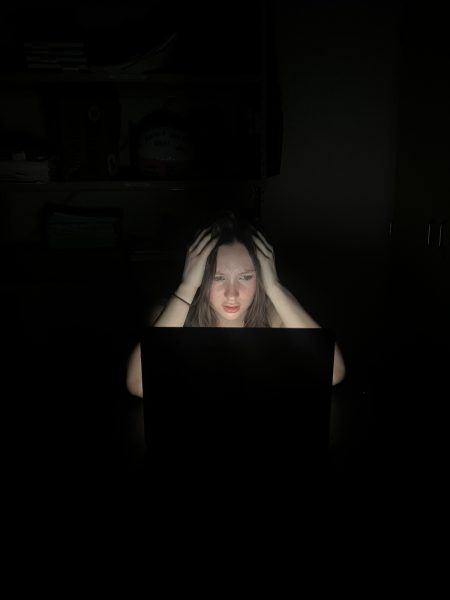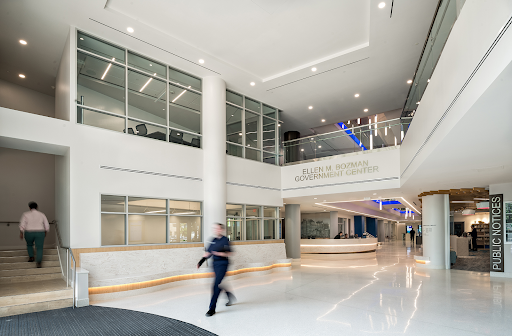Teens can’t kick their caffeine habits
Students drink coffee regularly despite negative health effects.
Students at the school are constantly being warned of the effects of abusing both illegal and prescription drugs. However, they almost never hear about the implications of being a regular coffee drinker. The differences between using drugs and caffeine may not be as far off as people believe, especially when dependency and addiction are brought into the picture.
According to an article in Medical News Today from 2016, 83.2 percent of teenagers consume caffeinated beverages on a regular basis, many of whom feel that without their daily cup of joe, going throughout the day is nearly impossible. “I feel like a zombie without coffee,” sophomore Olivia Jazwick said. “I will not talk to anyone until I have had some.”
To be “addicted” is defined by dictionary.com by being “physically and mentally dependent on a particular substance, and [to be] unable to stop taking it without incurring adverse effects.” Although students may technically be able to stop drinking coffee if they committed to breaking their habits, they would most likely suffer from symptoms of withdrawal. Having said so, it could be said that some students are indeed addicted to caffeine, or at least very dependent on it.
“Drinking more than six cups [a day] might caught ‘caffeinsim’ with symptoms such as anxiety or agitation,” an article on WebMD said. “People who drink a lot of coffee every day may need to drink more coffee to get the same effects. They may also become ‘dependent’ on coffee to the point that they develop withdrawal symptoms if they suddenly stop drinking it.”
The FDA does not regulate caffeine in coffee, although it does regulate powdered caffeine. This makes caffeine easily attainable for children and thus, it can be easily abused. “There were times when I would have multiple cups of coffee in one day and I would immediately realize I had messed up,” sophomore Caroline Chappel said. “I knew it was well over the recommended amount, but I had to get through the whole school day on a few hours of sleep.”
To some people, coffee is seen as part of their morning routine and nothing more. However, this powerful drink does a lot more than people may realize. There are substantial side effects, many of which are overlooked.
According to WebMD, caffeinated coffee can cause: “nervousness and restlessness, stomach upset, nausea and vomiting, increased heart and breathing rate and other side effects.” WebMD also claims that having large amounts of coffee may also cause “headache, anxiety, agitation, ringing in the ears and irregular heartbeats.”
Even after being told about the possible side effects and experiencing them first hand, some students just cannot put down their favorite caffeinated beverages. “I used to dwell on all the side effects of coffee, and I worried that I would become addicted,”freshman Shea Messman said. “However, I thought about it, and I have come to realize that some days I cannot get enough sleep, and coffee deals with that for me.”
Although there are coffee shops on almost every street and instant coffee in most American households, the issues surrounding caffeine and coffee consumption pose a real threat to developing teenage minds and bodies. It is essential that people are aware of the effects of what they consume and that their decisions surrounding it are based on both sides of the story.













